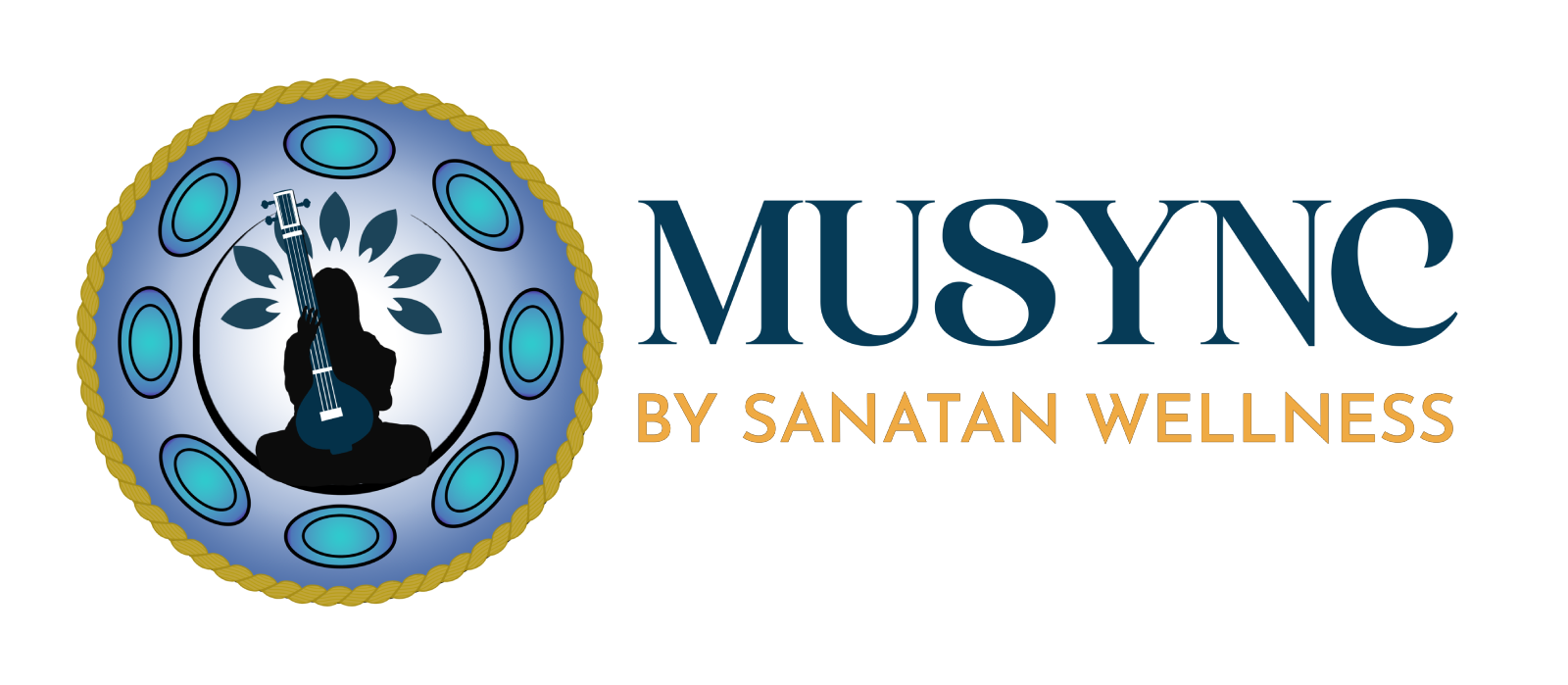Research has shown that music can be an engaging and attractive stimulus for children and students. Several studies have documented music therapy as a successful modality to engage the student in social, emotional, cognitive, communication, and motor learning activities. Children often demonstrate a natural affinity to music, making it an excellent therapeutic tool to develop all areas of self.

